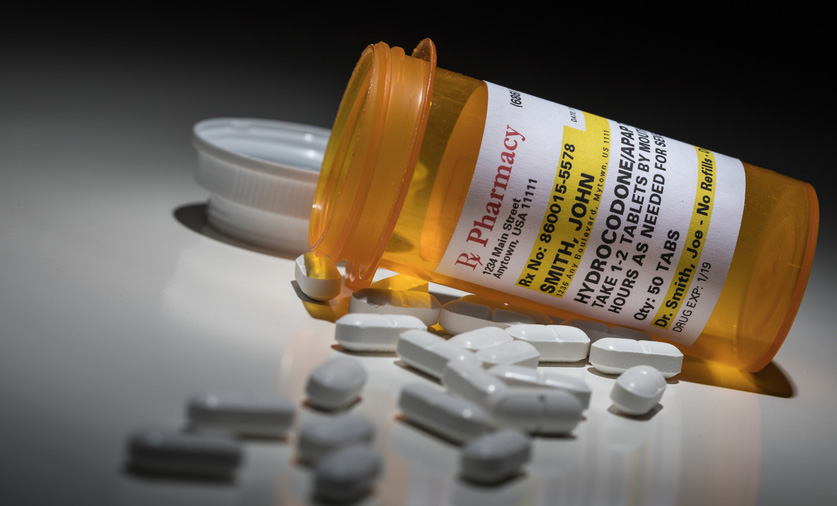Following plastic surgery, cosmetic surgery, reconstructive surgery, the pain management method is sometimes prescribed opioid medications. Unfortunately, in America today, we are experiencing an opioid addiction crisis. These two factors can put cosmetic surgery patients, or others in their households, at risk. But plastic surgeons are not blind to the situation. They are, in fact, doing everything they can to help manage the opioid addiction risk. Prescribing practices that are improved from days of old improve today’s patient safety.
Opioids Are a Serious Problem
It’s actually difficult to exaggerate the scale of opioid addiction in this country. It has reached epidemic proportions. Several years ago, the percentage of United States residents that admitted to wrongly using prescription opioids was 4.7%. Prescription opioid overdoses were responsible for some 29,000 people dying in that same year.
How does this happen? There are couple of things going on here. The people for whom the drugs were originally prescribed take them incorrectly or develop an addiction to them. Keep in mind – this does not have to happen. The other problem arises because, once these drugs have been purchased by the person to whom they were prescribed, the street supply of opioid drugs has automatically been contributed to. Unfortunately, prescription drugs don’t always end up in the person for whom they were prescribed.
Strategies For Cosmetic Surgeons
Proper post op instructions are given to each and every one of our patients. To divert the risk of opioid use, or reduce it, plastic surgeons are being offered a number of suggestions:
- Inform the primary care doctor of your patient as to the fact that these pain medications have been prescribed and the possible risks.
- Inform your patients of the risks involved and caution them about the use of their medications.
- Screen your patient for opioid use disorder risk factors.
- Opioid weaning plans can be put into action to help with the transition off of the painkilling drugs.
If a patient has a known disorder involving substance abuse, before surgery, they can be referred to an addiction specialist. No surgery should be done on patients like this until all plans and follow-up visits have been discussed and executed.
Avoiding Opioids Altogether
The combination of the prescribing of non-opioid pain medications and the use of anesthesia techniques are helping reduce the need for opioids. Patients need to be educated regarding the proper disposal and storage of their medications to further reduce opioid abuse risks.
Clearly, it is not up to cosmetic surgeons alone to remedy the entire United States epidemic. But they realize the seriousness of the situation and are doing their part. They understand that major contributions can be made by plastic surgeons in the fight against opioid addiction.
The professionals at Newman Plastic Surgery and Laser Center are acutely aware of the opioid problem plaguing America today. They do everything in their power to see to not only the improved appearance of their clients, but their mental and physical well-being. That includes doing everything they can to manage their patient’s pain without risking addiction to painkillers. Contact us today and speak with one of our seasoned professionals. They can personally assure you of the surgical skill and highest quality care that goes into each client situation.
